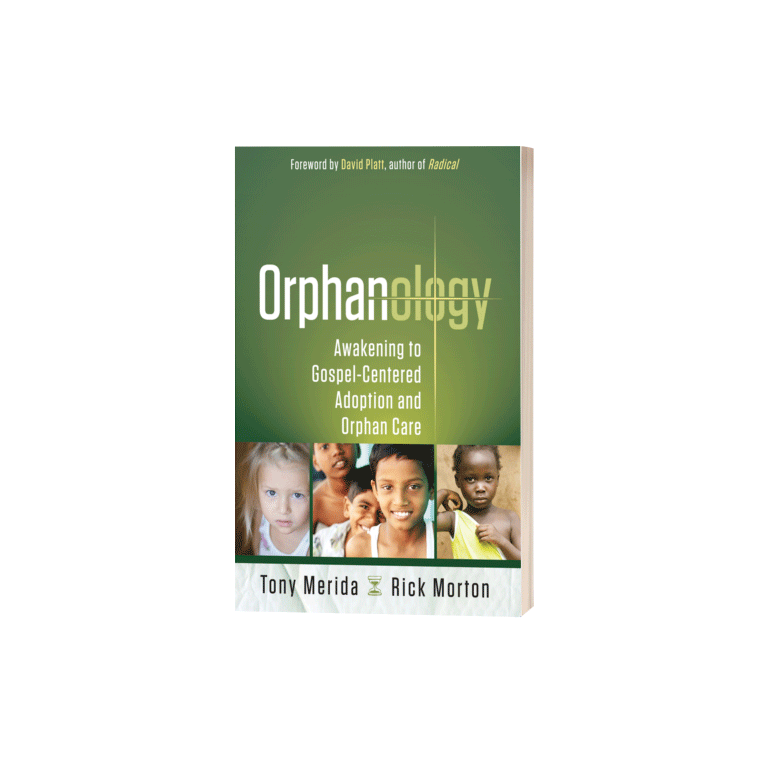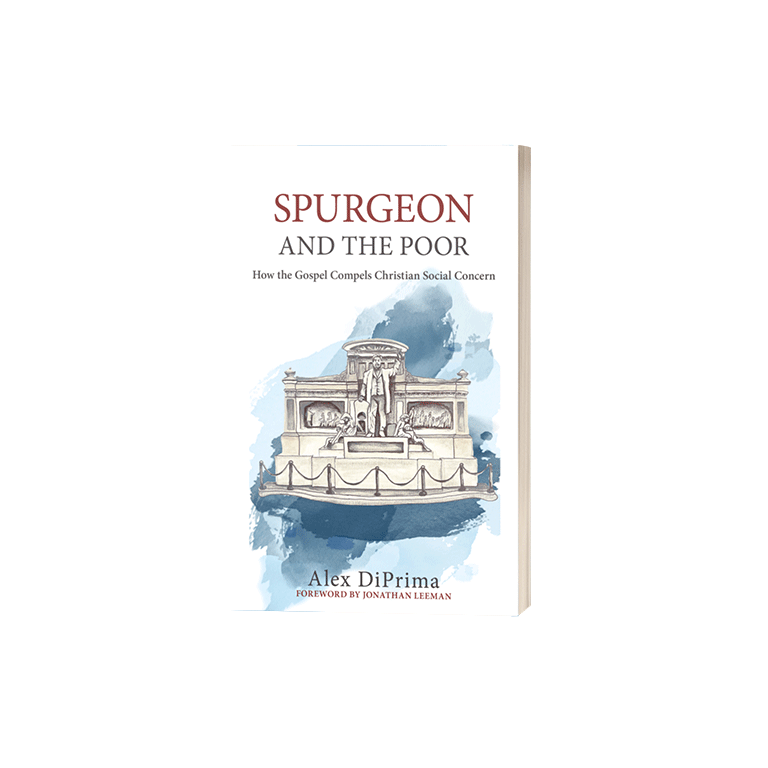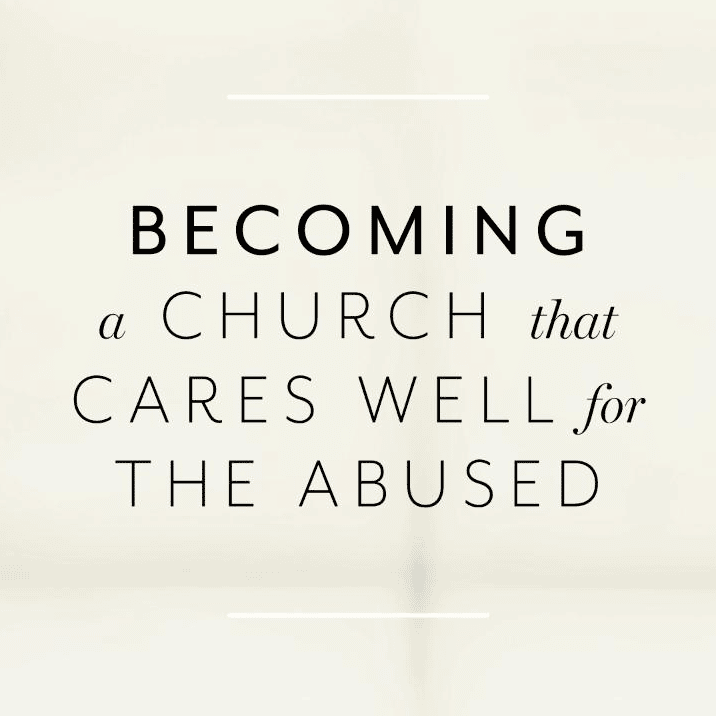
Free eBook: The Call of Compassion
God is compassionate, and He calls His disciples—His church—to be people who reflect His compassion. The …

Free eBook: Seeing as Jesus Sees: 3 Stories of Compassion in the Bible
When Jesus saw people, He responded with compassion. And when we see people as Jesus sees …
Free eBook: Seeing as Jesus Sees: 3 Stories of Compassion in the Bible Read More »

Free eBook: Orphanology: Awakening to Gospel-Centered Adoption and Orphan Care
Why should churches care about adoption? Because Jesus showed compassion to the fatherless and the church …
Free eBook: Orphanology: Awakening to Gospel-Centered Adoption and Orphan Care Read More »

One question has consistently plagued the church: How should the people of God respond to social …

Becoming a Church That Cares Well for the Abused
Part of Send Relief’s mission to equip pastors and their churches involves empowering them to respond …
Becoming a Church That Cares Well for the Abused Read More »